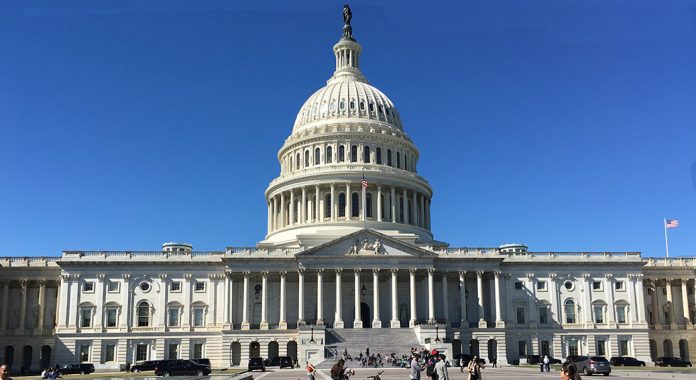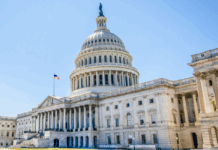
The U.S. House of Representatives passed yet another continuing resolution (CR) yesterday that funds the government through March 23. The bill would eliminate $5 billion in scheduled Medicaid disproportionate share hospital (DSH) cuts for fiscal years 2018 and 2019, and extend several Medicare payment adjustments that support access in rural communities. Specifically included are a number of important health care provisions, namely an extension of the Medicare-dependent hospital and low-volume adjustment programs for two years and home health rural add-on and ground ambulance add-on payments for five years. It also would remove the mandate that meaningful use standards become more stringent over time and expand access to telehealth services for stroke patients outside rural areas by eliminating a geographic requirement beginning in January 2021, among other changes. Please click here for a one-page summary of what is included in the CR.
We are pleased that most of our priority issues are included in the House bill. Further, we were able to convince lawmakers not to cut Medicare payments to health care providers to offset the increase in the spending caps or to offset the cost of the Medicare extensions. However, the House bill does contain a provision to impact payments for hospice transfers which is slated to begin in 2024. This would result in potential payment reductions of $4 million to providers in the state.
The bill now moves to the Senate where further changes are expected. The funding caps issues remain unresolved, however congressional leaders are rumored to be close to a two-year deal to raise the overall spending caps. At issue has been how much more the government would spend for defense and non-defense programs. Rumors are that the caps will increase by about $150 billion, with $80 billion of that for defense programs and the balance for non-defense. Once they agree on those figures, appropriators will begin to write the final spending bill for what is left of FY 2018.
Finding a resolution of the legal status of undocumented individuals brought here as children by their parents and the impending need to raise the limit on the amount of money the government can borrow are complicating factors. The Treasury Department recently announced that because of the tax bill, the deadline for raising the debt ceiling will come sooner than expected.






